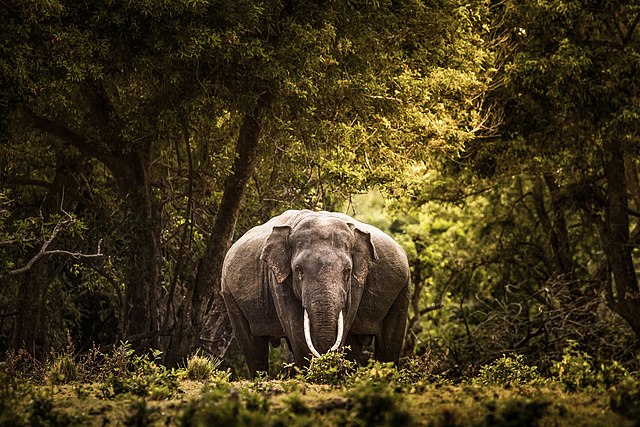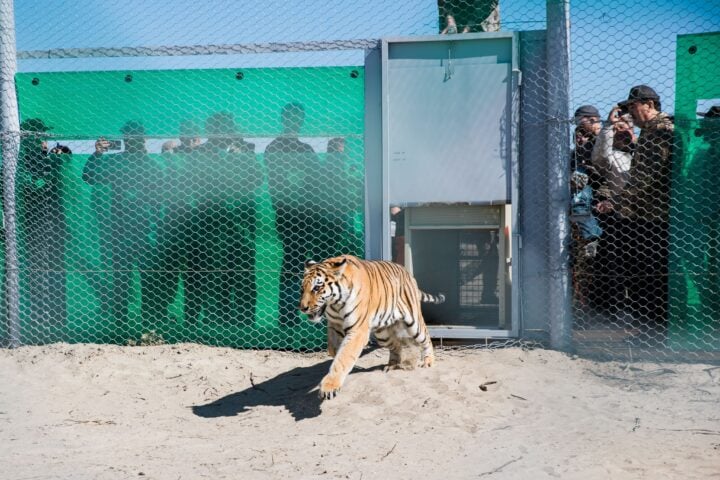On April 1st, according to the latest report, the giant panda Tan Tan (female, born in September 1995), who resided at Oji Zoo, Kobe in Japan, suffered from Grade IV heart failure (the most severe level of heart disease) for many years. Her condition worsened recently, and despite several days of emergency treatment by Chinese and Japanese experts, she passed away at 23:56 on March 31, 2024.
Tan Tan was sent to Kobe Municipal Oji Zoo in Japan on July 16, 2000, as part of the Sino-Japanese cooperation in international giant panda conservation research.
In July 2020, the giant panda cooperation agreement signed between China and the Kobe city government expired. Due to the pandemic, both parties postponed the return of Tan Tan to China until the end of 2021.
On March 3, 2021, Tan Tan was diagnosed with senile heart disease during a routine checkup. Teams of experts from China and Japan joined efforts to treat and care for her, and her condition was somewhat alleviated.
To aid in stabilizing Tan Tan’s condition and her recovery, and influenced by the global pandemic, both sides developed a strict treatment plan, repeatedly delaying her return to China to avoid exacerbating her condition due to the stress of long-distance transport.
Similar Posts
Since March 13, 2024, Tan Tan’s condition continuously worsened, leading her to refuse food and even water, showing symptoms like convulsions.
Despite all necessary emergency measures taken by experts from both countries, Tan Tan died on March 31, 2024, after unsuccessful resuscitation attempts.
Experts say that a 29-year-old giant panda is equivalent to a nearly 100-year-old human. Next, in strict accordance with the cooperation agreement, the Chinese and Japanese sides will properly store Tan Tan’s body, and after professional processing, they will arrange to return her remains to her home country in due time.

















